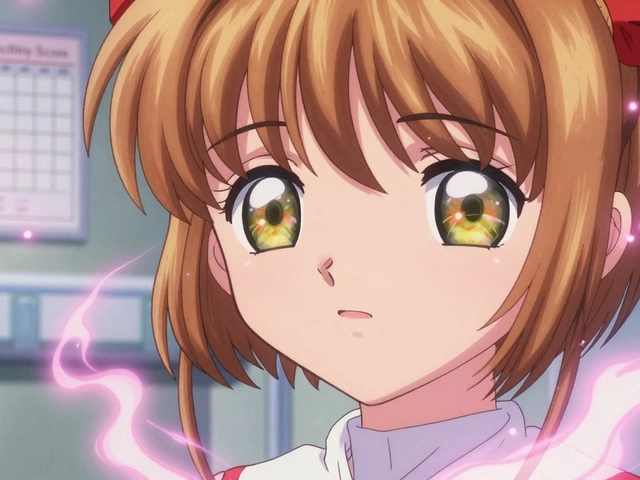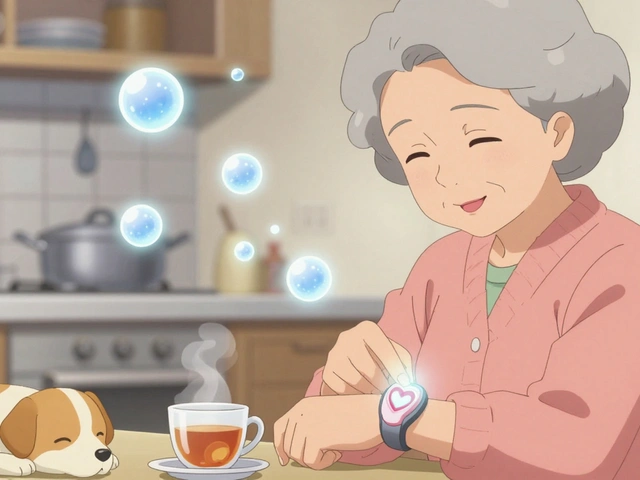Hyperparathyroidism: What It Is and How It Affects You
If you’ve ever heard your doctor mention “high calcium” and felt confused, you’re probably looking at hyperparathyroidism. It’s a condition where the parathyroid glands make too much parathyroid hormone (PTH). Too much PTH pushes calcium from your bones into your blood, which can mess with many parts of your body.
There are three main types. Primary hyperparathyroidism starts when one or more glands go rogue on their own. Secondary shows up because something else, like kidney disease, forces the glands to work overtime. Tertiary is a mix‑up that can happen after long‑standing secondary disease, where the glands keep over‑producing even after the original problem is fixed.
Common Signs You Might Miss
Symptoms often sneak in quietly. You might feel bone pain, especially in the hips or wrists, because calcium is leaching out of bone. Kidney stones are another clue—tiny calcium crystals can form and cause sharp flank pain. Some people notice fatigue, confusion, or mood changes; doctors call this “psychiatric overtones.” Weak muscles, frequent urination, and stomach cramps can also point to high calcium.
Because the signs overlap with other conditions, many people don’t realize they have hyperparathyroidism until a routine blood test shows high calcium. If you’ve had an unexplained fracture, kidney stone, or persistent tiredness, ask your doctor to check your calcium and PTH levels.
Treatment Paths and What to Expect
When the condition is mild, doctors may just watch it. Regular blood work and bone density scans help catch any problems early. If calcium climbs high or you develop symptoms, surgery is the most common fix. Removing the overactive gland(s) usually brings calcium back to normal and eases most symptoms.
For people who can’t have surgery, medicines like calcimimetics can lower PTH and calcium. Staying hydrated, limiting foods high in calcium, and getting enough vitamin D (but not too much) also help keep levels steady.
Recovery after surgery is often quick. Most patients feel less bone pain and notice more energy within weeks. Your doctor will schedule follow‑up blood tests to make sure everything stays balanced.
If you’re living with hyperparathyroidism, keep an eye on any new aches, changes in bathroom trips, or mood swings. Early detection and proper treatment can prevent long‑term damage to bones and kidneys.
Need more info? Browse the articles tagged “hyperparathyroidism” on StreetU3A Health for deeper dives into diagnosis, lifestyle tips, and patient stories. Your health is a journey—understanding this condition is a solid first step.
27 August 2025
Tessa Marley
Clear, practical guide on bone disease in dialysis: what causes it, how to prevent fractures, and which treatments work, with targets, checklists, and tips.
Continue Reading...






